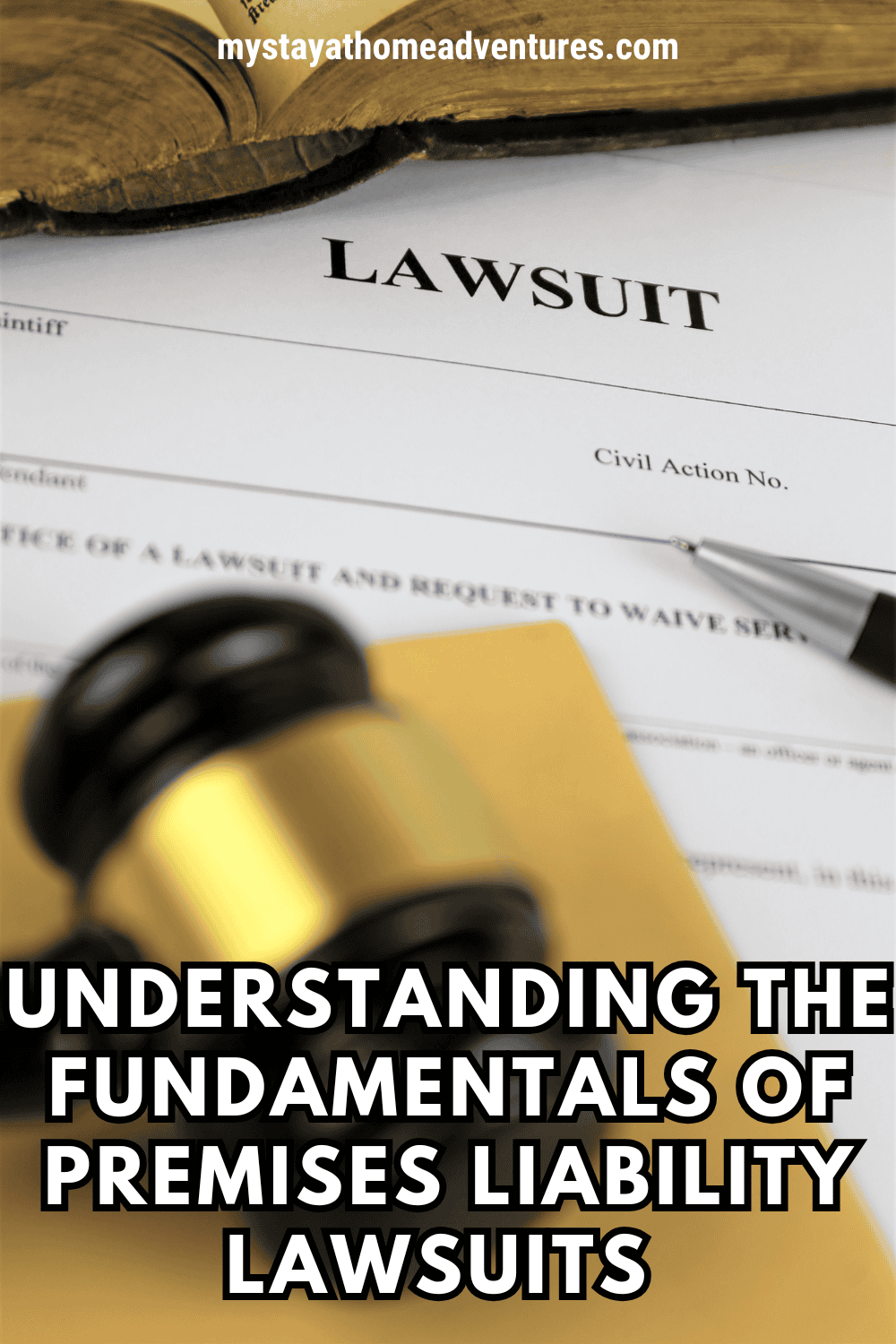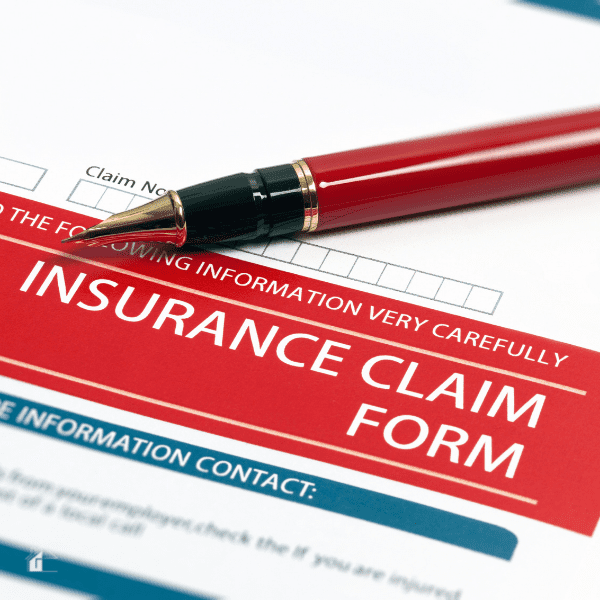Premises Liability Lawsuits: Understanding the Fundamentals
This post may contain affiliate links which might earn us money. Please read my Disclosure and Privacy policies hereIf you own a home, and someone hurts themselves while visiting, they might sue you. You can do the same thing if you hurt yourself in their home. You might also sue a building’s owner or the entity that’s running a business there if you injure yourself while inside.
In these instances, you’re getting into an area of the law that lawyers call premises liability. Premises liability lawsuits require expert counsel if you hope to collect some money. You will probably want financial compensation to feel you’ve received justice.
Let’s talk about premises liability cases a little more. You should understand the fundamentals in case you ever find yourself facing a situation where you’re suing someone or an individual sues you instead.
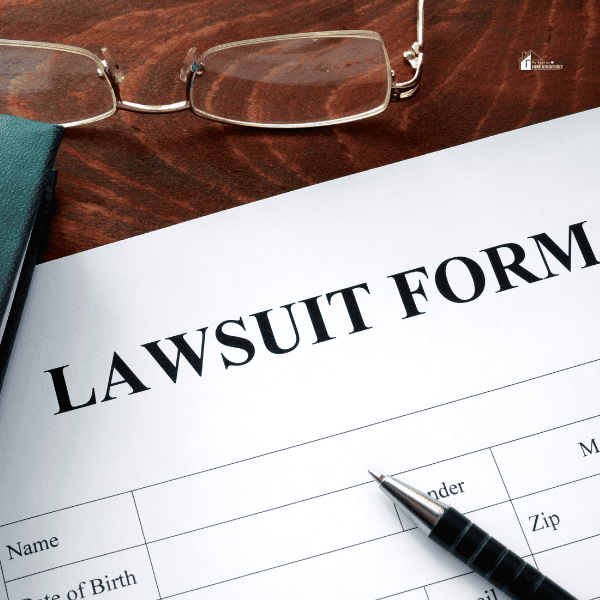
Some Examples of Premises Liability Lawsuits
Let’s imagine a scenario for a moment. You’re visiting a neighbor’s house. While you’re walking down their front porch steps after your visit concludes, you step on a broken piece of board. You fall through the hole the dislodged board created and break your leg.
You can’t work while you’re recovering, so you can’t collect a paycheck. You also have some doctor bills piling up.
That scenario means you can probably sue your neighbor if you feel that’s justified. This personal injury case falls neatly into the premises liability category of the law.
You might also have a situation where you’re walking around in a store and you slip when you step on a wet patch. You can break your leg that way too, or perhaps you’ll suffer some other injury.
That’s also a premises liability lawsuit in the making. In this case, though, you would sue the store, particularly if they didn’t put up adequate signage indicating a potentially hazardous situation.
You Probably Can’t Get Any Money Without a Lawyer
These cases often end with money changing hands. However, you likely won’t get any if you just ask the neighbor or the store owner nicely. You’ll need to speak to a skilled lawyer who takes personal injury cases. You should also find one who does premises liability specifically.
You should go talk to an attorney as soon as you can, since many states have statutes of limitations with these kinds of personal injury cases. The attorney shouldn’t charge you anything for that consultation, but confirm that before you speak to them.
You should tell the lawyer all you can about the incident. Try to include all relevant details. They might have some additional questions for you. Tell them the truth. If you lie, and they take your case, that can come back to bite you later.
What Happens Once You Hire a Lawyer?
Let’s say the attorney agrees they will take your case. If they do, that usually means they think you have a good chance of collecting some money.
Your lawyer will then start the necessary paperwork. They will also notify their investigator. If you’re using a larger, more prestigious law firm that has several lawyers and a sparkling industry reputation, they may have several investigators they can put on your case.
The investigators will try to uncover any evidence that proves your version of events. They might get store camera footage in the case that you hurt yourself in a store. If you hurt yourself by falling through the neighbor’s front steps, they might look for witnesses who can say the neighbor knew about the damaged steps for months but never took any action to fix them.
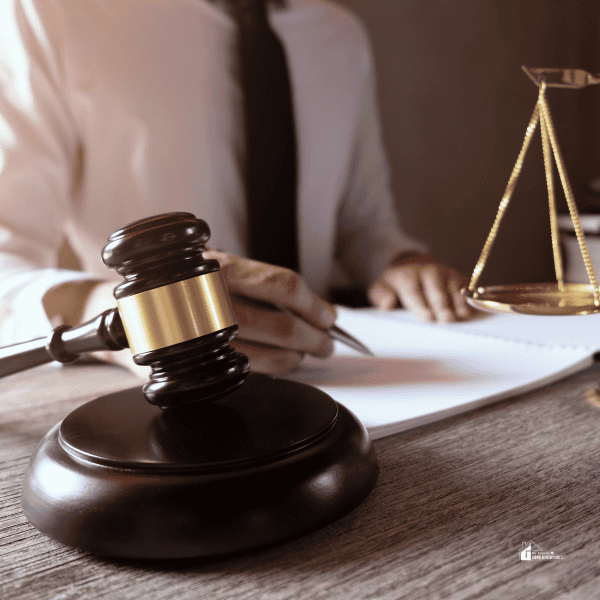
How Will You Pay Your Lawyer?
Before you hire your lawyer, though, you should make sure you have a payment agreement in place that works for you. In almost all instances, you should set up a contingency payment plan.
That means you only pay the lawyer something if they win your case for you. If you hire them via another method, like if they’re charging you an hourly rate, then they might get no money for you, and you may still owe them for the time they put toward your lawsuit.
If that happens, you can end up with even less money than when you started. That’s why most premises liability attorneys will willingly accept a contingency payment plan.
Can You Collect Money Via a Settlement Offer?
If your lawyer and their investigators can collect enough evidence that supports your version of events, then it’s likely you will see at least some money from this lawsuit. Once they send the defendant the paperwork informing them that you’re suing them, this individual will hire their own lawyer for defense and counsel.
If you have a great deal of evidence that proves your version of events, then you might get some money via a settlement offer. Very few of these cases go to trial.
If they do, it probably means the person or company who you allege harmed you doesn’t feel you have enough evidence. Alternatively, they might offer you a settlement, but you don’t feel that it’s enough.
You can accept any settlement offer the defendant and their lawyer put on the table. However, maybe the amount won’t cover all of your medical bills and lost wages.
Even if it does, perhaps you think you deserve more because of pain and suffering. You might want additional money because of what the law calls noneconomic damages.
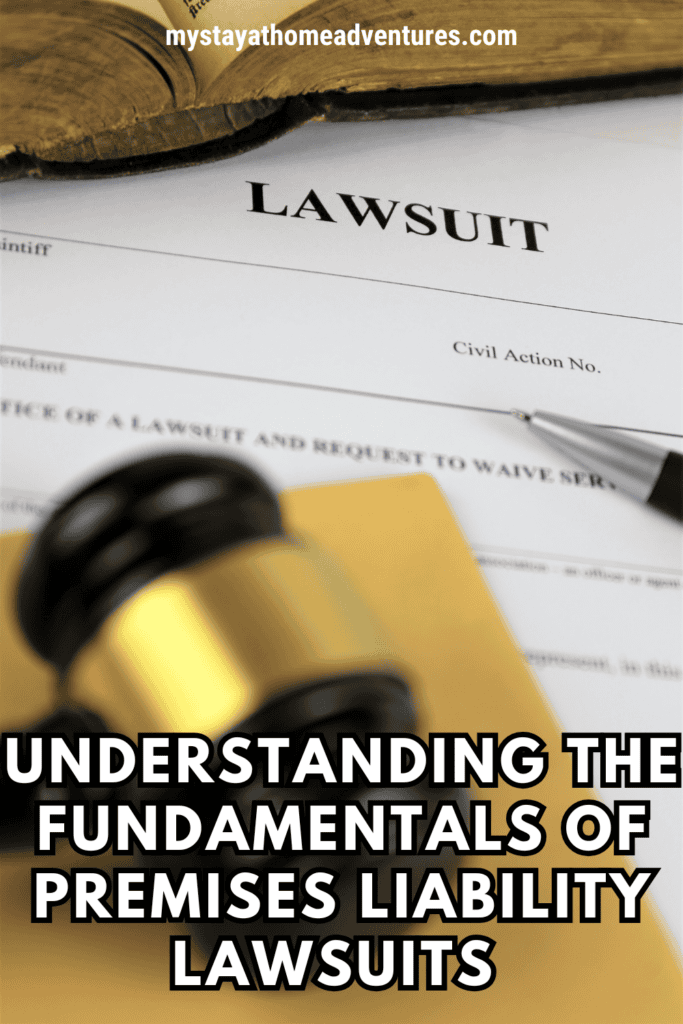
You Might Collect Money Via a Jury’s Verdict
If you and the defendant can’t settle out of court, that’s when you must go to trial. In most instances, the trial won’t get all the way to a jury’s verdict. More often, the defendant will try to settle at some point, especially if they see that you have overwhelming evidence and they can say little in their defense that improves their legal standing.
If the trial goes all the way to a jury’s verdict, then you might get more money than you would receive otherwise. However, it’s always possible the jury won’t see things your way, and you could walk away with nothing.

